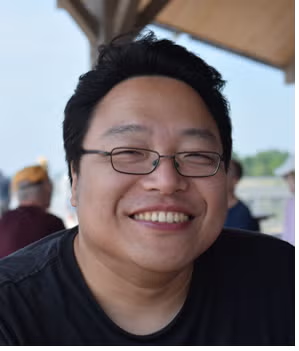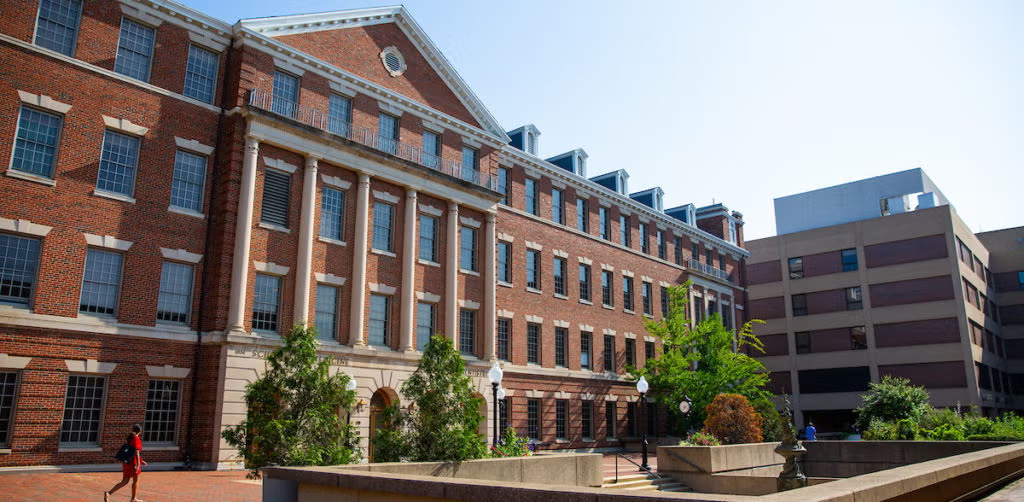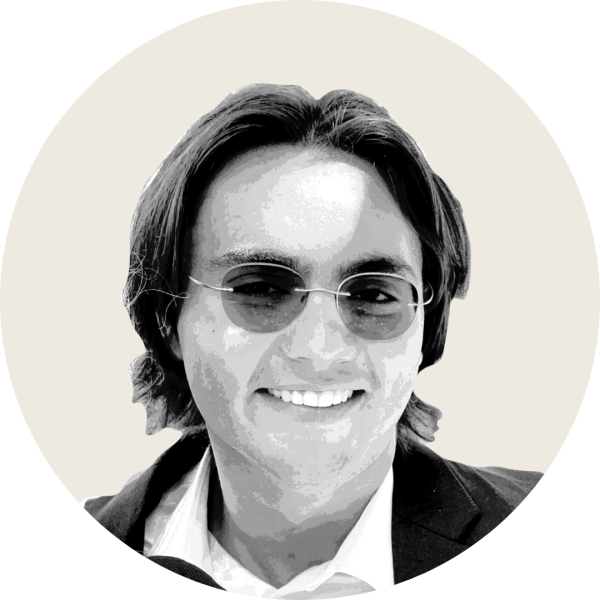A Georgetown University physics professor won $600,000 to develop new magnetic technology for computer storage and processing, the department announced Jan. 21.

Gen Yin received the award, a five-year grant, from the U.S. National Science Foundation, a federal agency supporting scientific and engineering research, to study antiferromagnets, materials with magnetic properties but immune to outside magnetic influence. Yin’s research team, including graduate students and postdoctoral associates, will study the effectiveness of different materials as anti-ferromagnets to reduce power consumption and make computing and memory processing up to 1,000 times more efficient.
Yin said conventional magnets are a useful and essential part of computing devices, so using anti-ferromagnets, whose electrons align in opposite directions in a phenomenon called spin order that cancels out the magnetization, could transform technology.
“Five or six years ago, people realized that maybe anti-ferromagnets are the way to go,” Yin told The Hoya. “That hidden spin order, if you can somehow detect it and manipulate it, could be a very good candidate to carry the information in our memory devices.”
Yin, who will partner with experimental physicists at Georgetown to test the materials his team identifies, said his goal is to find the best materials and start designing the ideal structure for devices powered by anti-ferromagnets.
“We can achieve a design that’s ideal for a device with this structure so that the reading is straightforward and the writing is straightforward, but with the experiment and theory, there’s always a gap, so we have to test our theory in experiments,” Yin said.
Dinesh Bista, a postdoctoral associate working with Yin, said Yin works well in groups and teaches his students new ways to think and approach problems.
“He’s a mentor,” Bista told The Hoya. “He’s very encouraging, so whenever we have a discussion, he encourages everyone — graduate students, postdocs, even professors — to open up their minds.”
Yin said publicly available research and knowledge is important to have a greater impact in academia.
“I want to maximize the impact of our new methods,” Yin said. “That’s my definition of ultimate contribution: The more users we have in this package, the more impact you can have in the field.”
Yin said he plans on publishing the software method he will develop to identify anti-ferromagnetic materials as an open-source computational package.
“To develop as an open-domain package, you get the chance to collaborate with the smartest minds throughout the world, without even having to know them — it’s also a better way to collect talent, in my perspective,” Yin said.
Yin said he is excited to work with graduate students and postdoctoral associates because he has had to develop a new skill set to be an effective principal investigator.
“Guiding students is a whole new challenge that I had to get used to and learn from scratch. There’s no systematic training, there’s no textbook to follow,” Yin said.
“There’s a more humanity side of it, which in my major — physics — we’re notoriously known to be weak at,” Yin added.
Timothy Corbett (GRD ’27), a doctoral student on Yin’s team, said Yin engages openly and kindly with his students.
“He remembers a surprising amount for how many student projects he is at least consulting on,” Corbett told The Hoya. “He’s very organized and just has a great attitude about everything. Every time I see him, he’ll give me a big little smile.”
Yin said he does not anticipate a patentable product by the end of the grant period and is instead focused on developing scientific understanding of anti-ferromagnets.
“I think we’re not quite at the stage of patenting anything yet, so for the task of our grant and our project and our package is to develop the science, lay out the foundations and know-hows of the field,” Yin said. “We’re developing the tools to be used by those tech companies or private parties.”
“It’s common sense that the fundamentals should not be patented,” Yin added. “It should be released as public knowledge, benefitting the entire human race.”








